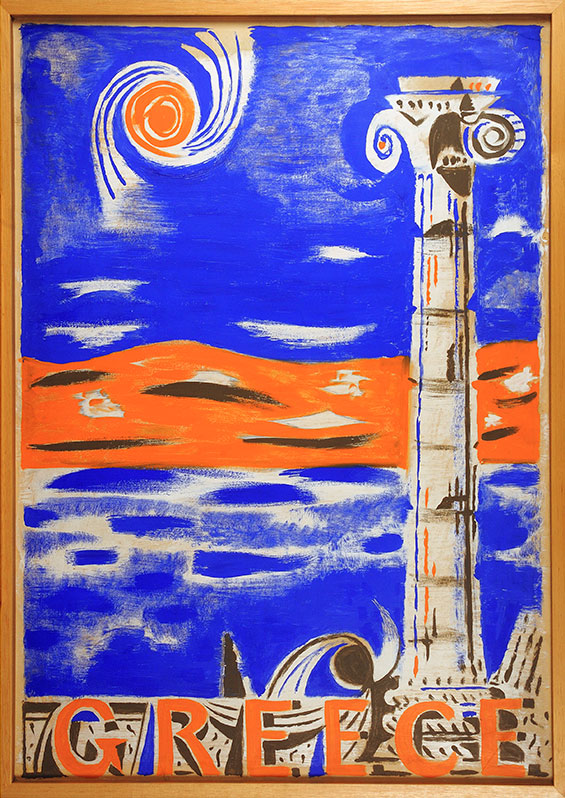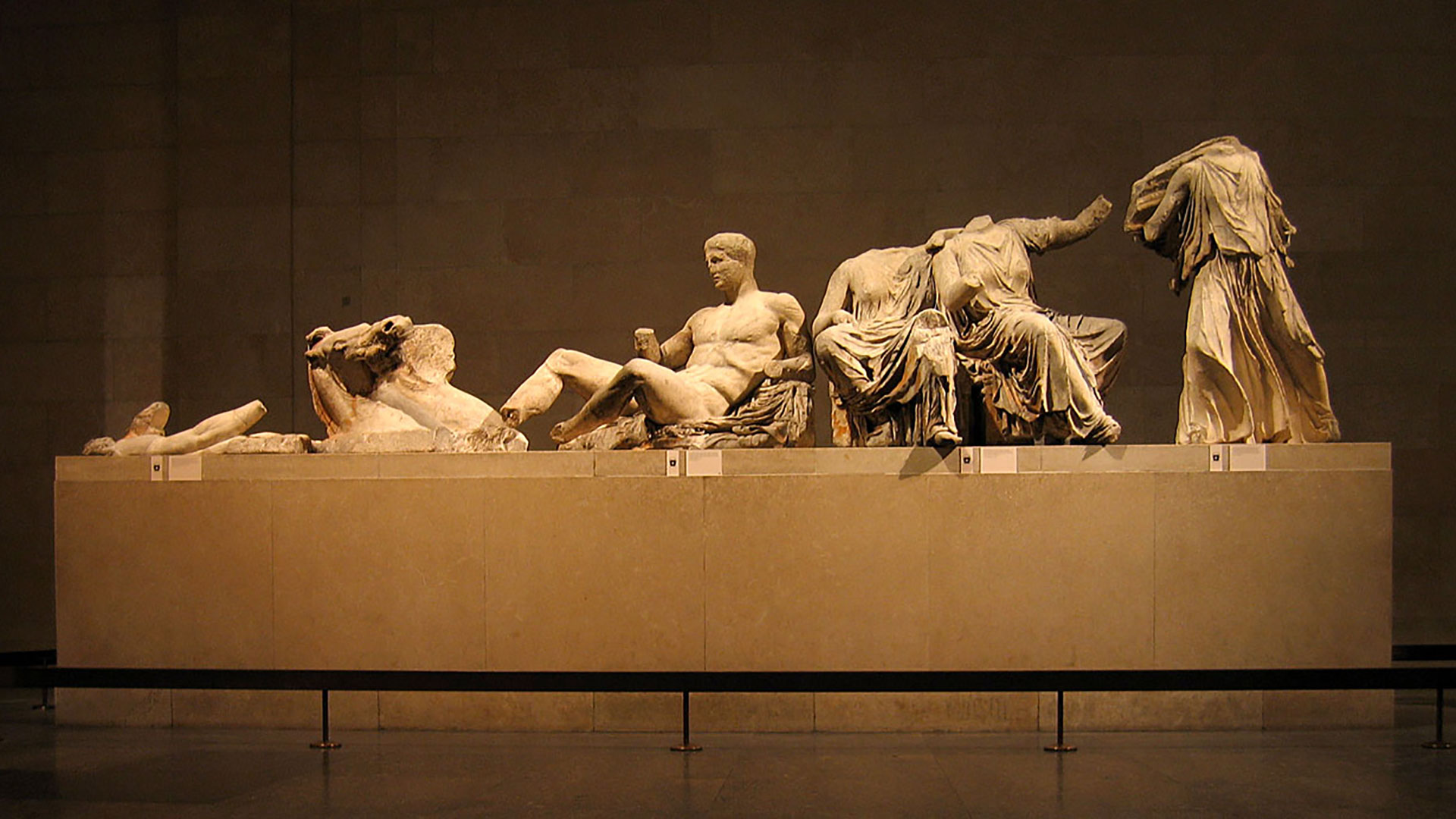I went to a small exhibition at the British Museum last week and realised that it has turned even more into a tourist destination. The world’s artefacts arranged in splendid rooms for the world’s visitors. They come to the museum to look at what perhaps their own ancestors hundreds, if not thousands, of years ago made and invented.
All human endeavour is there. Opened in the late 18th century, it soon became the leading museum of the world and spawned imitations elsewhere, especially in the US where they had even more money to buy and ship. But I was there for a jewel-like exhibition that had that wonderful thing that rarely happens if you’ve looked at all the art I have looked at: surprise, wonder and enchantment.

My life was turned around in the British Museum in the Japanese room when – aged 18 – I had to step over an art student. Sprawled out on the floor immodestly drawing and painting. We became friends and it was she who, looking at my proletarian sketchbook, insisted that I go to Chelsea School of Art drawing classes, where I was drawn into being chosen for the diploma course.
Later when I became a Marxist Engelist Leninist Trotskyist I marvelled at the big round library, then in an outdoor square in the middle of the museum, now indoors, in which Marx wrote the book that rocked the world solidly; Das Kapital.
But when I joined the hundreds and hundreds and hundreds of tourists and visitors last week I was heading for an exhibition about three artists: one, the writer Paddy Leigh Fermor, and two painters Ghika and Craxton.
Life’s short so there is no mention of Greece’s great contribution to our world history, philosophy, theatre, poetry, pottery, architecture! Our modern world is made in its eternal and timeless image
I was asked after the exhibition by a Greek student doing some survey what I thought of the exhibition and I was speechless. Ghika is a great Greek painter who inspired the younger English man John Craxton to produce in Greece phenomenal paintings. And both united by their devotion and love of the writer Paddy Leigh Fermor who, having had a “good war” in Greece devoted, with his wife Joan, his lifetime to the Peloponnese village and peninsula he built a house on.









